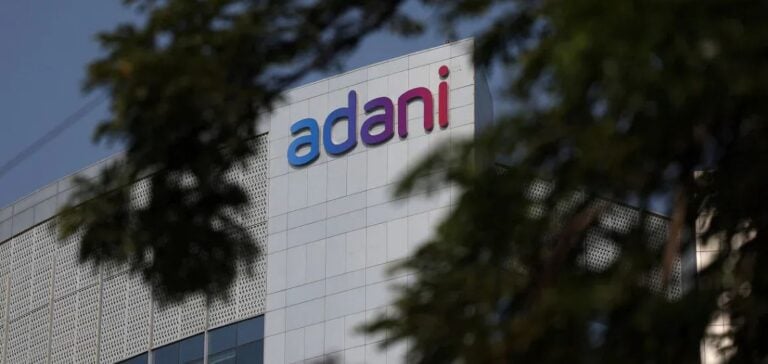The market capitalization of Adani Group, one of India’s largest conglomerates, has plummeted by an estimated $55 billion. This sharp decline follows the indictment of its founder and CEO, Gautam Adani, by the U.S. Department of Justice in a high-profile corruption case.
According to a statement from the group, this loss concerns the 11 publicly listed companies within the Adani portfolio. Gautam Adani is accused of orchestrating a bribery network worth $250 million, aiming to secure contracts in the solar energy sector in India. The federal prosecutor in Brooklyn (United States) revealed that these payments were allegedly made to Indian officials through executives and intermediaries associated with the group.
Accusations and Reactions
The indictment also accuses Gautam Adani and other executives of financial fraud, particularly for concealing these corruption practices while seeking funds from international and U.S. investors. Adani Group has categorically denied these accusations, labeling them as “baseless,” and expressed its intent to challenge them in court.
The group, however, clarified that Gautam Adani, his nephew Sagar Adani, and the head of its subsidiary Adani Green Energy were not directly charged with corruption but with violations related to financial market regulations.
International Repercussions
The case has also prompted scrutiny of the group’s international projects. Several countries, including Bangladesh, Sri Lanka, and Kenya, have announced investigations into existing partnerships or ongoing projects involving Adani. Kenya has even declared the cancellation of a major partnership.
This crisis comes as the conglomerate was already under the spotlight for allegations of stock manipulation earlier this year. These recent events, combined with current accusations, are undermining investor confidence and raising concerns about governance within the group.
An Empire at Risk?
Adani Group, known for its diversified activities spanning coal mining, renewable energy, ports, airports, and media, is facing growing pressure. Gautam Adani, a close ally of Indian Prime Minister Narendra Modi, is seeing his reputation tarnished as international investors reassess the group’s long-term viability.
The upcoming weeks will be crucial for the conglomerate. Legal proceedings in the United States and investigations announced in several countries could determine the future of its strategic projects, particularly in renewable energy, a sector critical to its growth.






















